4002 – Forced Hot Air Heat - 8 Hours
Course Number: L-2394-08
Total Cost of Course: $175
Topics Covered:
- Interiors of vent systems, flues, and chimneys that are not readily accessible.
- Thermostats
- Electric Air Cleaning and sanitizing devices
- Heating Source Condition
- Basic Understanding on how it works
Learning Objective:
The student will be able to understand forced hot air ventilation system application. Students will review best installation practices to ensure quality installation. Explanation of components and controls used with in forced hot air heat system.


4003 – Hot Water (Hydronic) Heat - 8 Hours
Course Number: L-2393-08
Total Cost of Course: $175
Topics Covered:
- Interiors of vent systems, flues , and chimneys that are not readily accessible.
- Thermostats
- Electric Air Cleaning and sanitizing devices
- Heating Source Condition
- Basic Understanding on how it works
- Ensure the room is clean and free of debris / clutter
- Check the water quality
- Ensure all gauges are working properly
- Make sure the boiler is free of rust and corrosion
- Inspect fittings and valves
- Estimate remaining life of the boiler
Learning Objective:
The student will be able to understand Hydronic heating system applications. Students will review best installation practices to ensure quality installation. Explanation of components and controls used to control Hydronic heating system.
4004 – Heat Pumps - 8 Hours
Course Number: L-2392-08
Total Cost of Course: $175
Topics Covered:
- Interiors of vent systems, flues, and chimneys that are not readily accessible.
- Thermostats
- Electric Air Cleaning and sanitizing devices
- Heating Source Condition
- Heat Exchangers
- Humidifiers and Dehumidifiers
- Basic Understanding on how it works
Learning Objective:
The student will be able to understand Heat Pumps applications. Students will review best installation practices to ensure quality installation. Explanation of components and controls used to control Heat pumps.
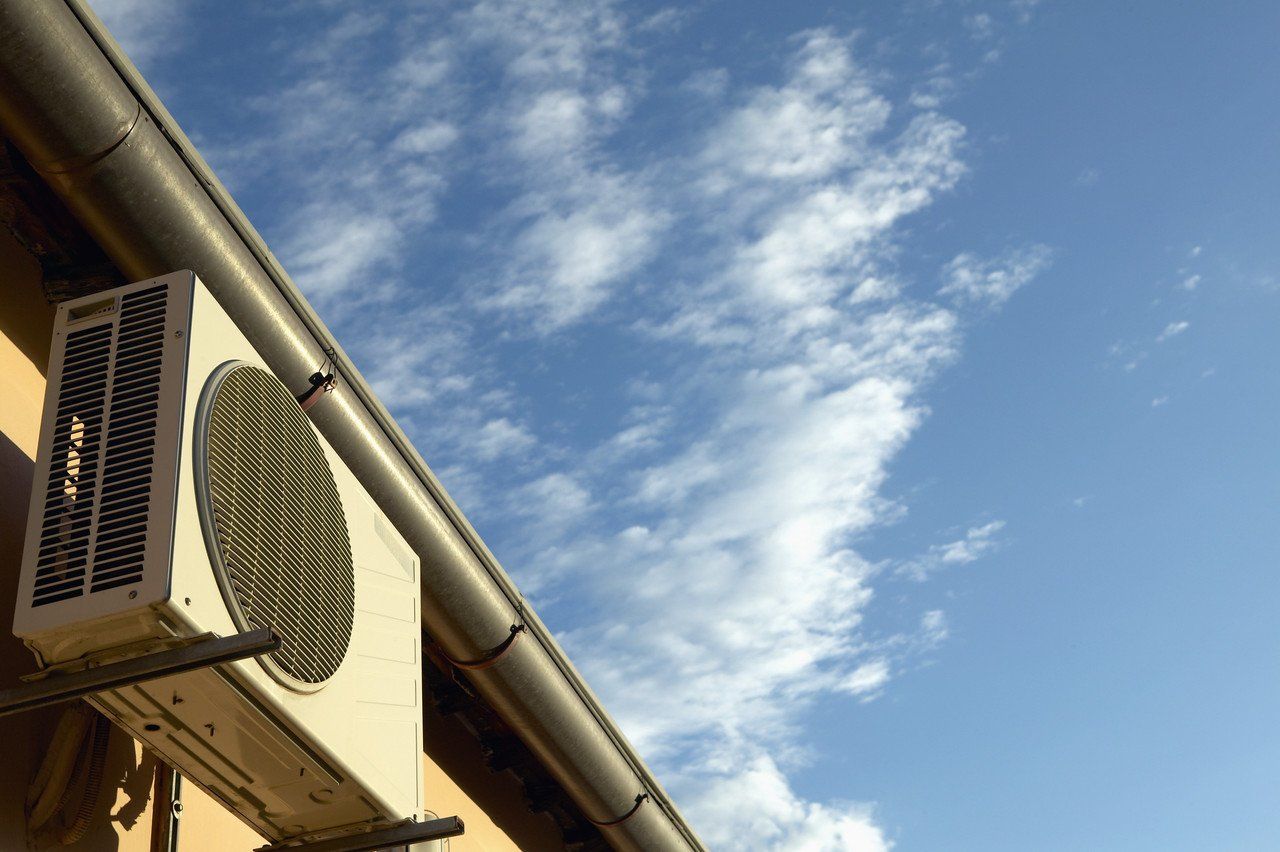

4005 – Air-Conditioning Systems - 8 Hours
Course Number: L-2391-08
Total Cost of Course: $175
Topics Covered:
- System Type
- Thermostats
- Whole-house Mechanical Ventilation Systems.
- Air Handler
- Condenser
- Basic understanding on how it works
Learning Objective:
The student will be able to understand Air-Conditioning System application. Students will review best installation practices to ensure quality installation. Explanation of components and controls used to control Air Conditioning system.
4006 - GFCI and AFCI Requirements in Dwelling Units – 2 Hours
Course Number: L-2480-02
Total Cost of Course: $50
Topics covered:
Definition
- Understanding GFCI Protection
- Location of GFCI Protection
- Location of AFCI Protection
The home inspector will understand the location requirement for GFCI and AFCI in a dwelling and understand how and why GFCI and AFCI protection works.

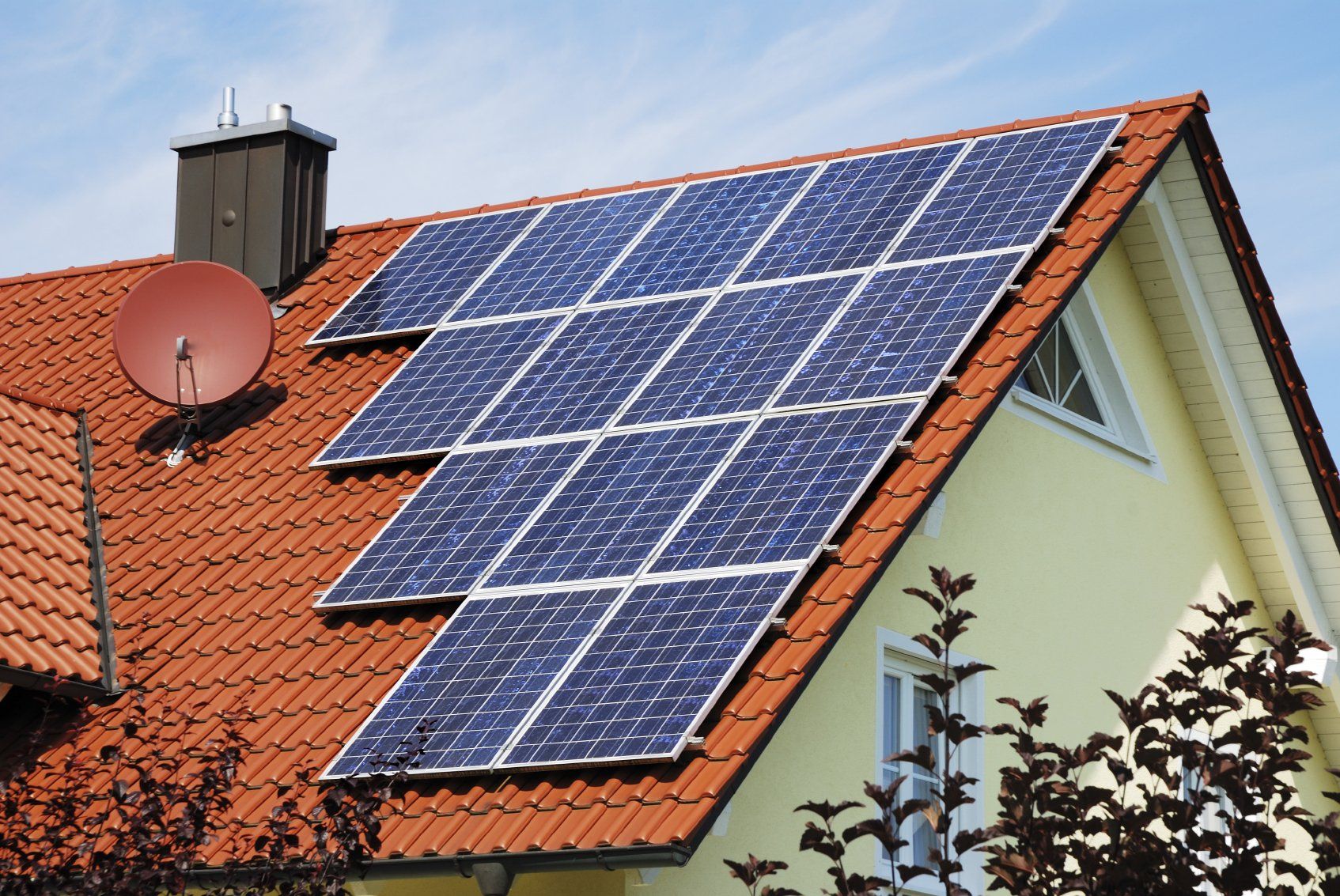
4007- Inspecting PV Systems for 1 & 2 Family Dwellings - 4 Hours
Course Number: L-2483-04
Total Cost of Course: $100
Topics covered:
Understanding Definitions of PV Equipment and its Systems
Common Violations
- Inspecting Techniques Grounding and Bonding
- Inspecting Techniques Wire Management
- Inspecting Techniques for Conductors
- Inspecting Techniques Overcurrent Protection (Breakers and or Fuses)
- Inspecting Techniques Disconnects (AC or DC)
- Inspecting Techniques for Inverters
- Inspecting Techniques Signs and Labels
- Inspecting Techniques Fire Safety
Learning Objectives:
The home inspector will understand and explain different techniques on how to inspect a residential PV system.
- System Type
- Air Handler
- Condenser


4009 - Electrical Seminar for Home Inspectors – 8 Hours
Course Number: L-0063
Total Cost of Course: $175
Topics Covered:
- Definition
- Grandfather clause
- Main Panel and Sub Panels
- Common Violations
- Grounding and Bonding
- GFCI & AFCI
- Requirements for receptacles and switches
Learning Objectives:
This 6-hour seminar will go into detail of the importance of inspecting the electrical system in a home. The home inspector will understand the safety issues concerning the electrical system.
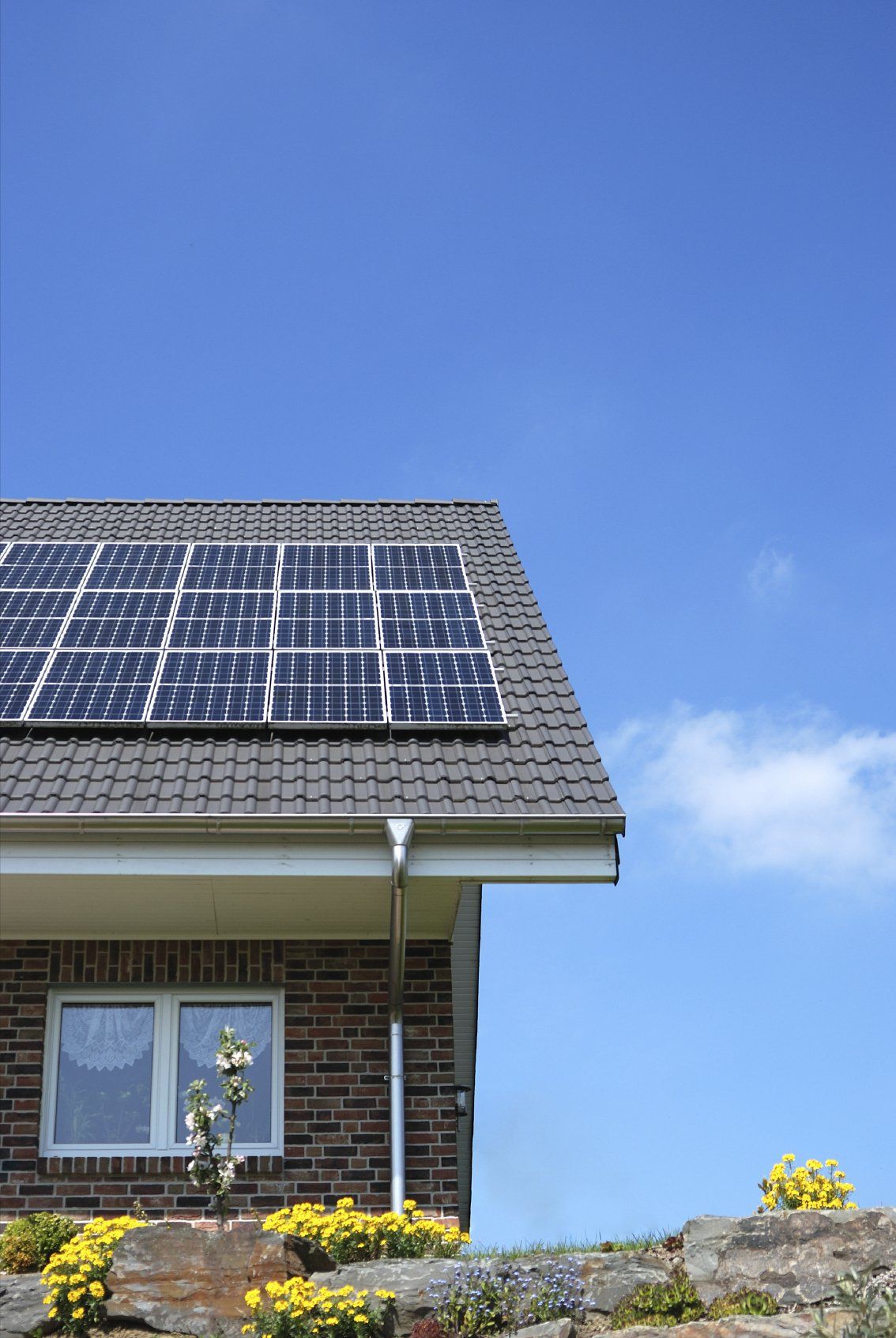
4010 - Photovoltaic Systems - What Home Inspectors Need to Know - 8 Hours
Course Number: L-2340-08
Total Cost of Course: $175
Topics Covered:
- Understanding Definitions of PV Equipment and its Systems
- What is PV?
- How does it work?
- Common Violations
- Inspecting Techniques Grounding and Bonding
- Inspecting Techniques Wire Management
- Inspecting Techniques for Conductors
- Inspecting Techniques Overcurrent Protection (Breakers and or Fuses)
- Inspecting Techniques Disconnects (AC or DC)
- Inspecting Techniques for Inverters
- Inspecting Techniques Signs and Labels
- Inspecting Techniques Fire Safety
Learning Objectives:
This 8-Hour seminar will go into detail the how’s and why’s PV system are install. The home inspector will understand and explain different techniques on how to inspect a residential PV system.
4011- Inspecting Swimming Pools - 5 Hours
Course Number: L-0810-05
Total Cost of Course: $125
Topics Covered:
- Introduction to the wiring of swimming pools
- Electrical Requirements for swimming pools
- Bonding and Grounding for swimming pools
- Spas, Hot Tubs, and Fountains
Learning Objectives:
This 5-Hour seminar will go into detail on how to inspect a permanently installed pool. The home inspector will understand where GFCI protection is required and understand the importance of equipotential bonding.

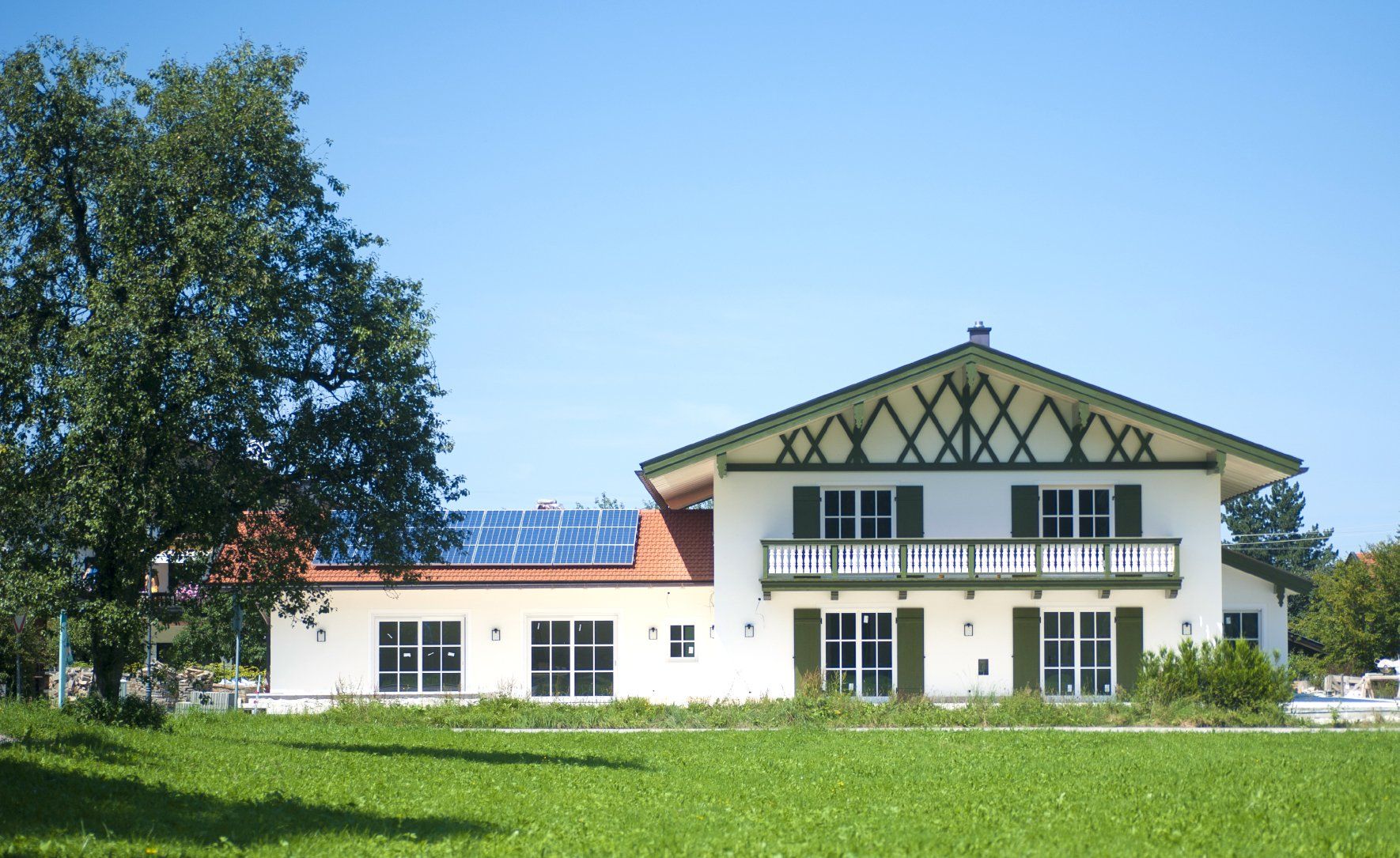
4012 - Electrical Deficiency in 1 & 2 Family Dwellings - 4 Hours
Course Number: L-0154-04
Total Cost of Course: $100
Topics Covered:
- Outdoor Perils
- Attic, Basement and Crawl Space Dangers
- Living Area Hazards
Learning Objectives:
This 4-Hour seminar will go into detail on how to inspect unsafe electrical conditions outside the house. The home inspector will understand basic electric safety requirements in areas such as attic, basement, and habitable areas.
4013 - Inspecting Electrical Services – 2 Hours
Course Number: L-0153-02
Total Cost of Course: $50
Topics Covered:
- Identification and definitions of components
- Determining service size
- Step by step service component inspection
- Step by step inspection of main panel and grounding system
Learning Objectives:
This 2-Hour seminar will go into detail on how to inspect unsafe electrical conditions for the electrical service. The home inspector will be able to identify the components of an electrical service and understand their function. The home inspector will understand how to conduct a chronological inspection to identify defective and incorrect components in the electrical service. The last part of this seminar, the home inspector will be able to conduct a chronological inspection to identify defective and incorrect components, miswiring errors, and overload conditions in the electrical panel. The home inspector will know the proper grounding methods and be able to determine the size of grounding conductors.
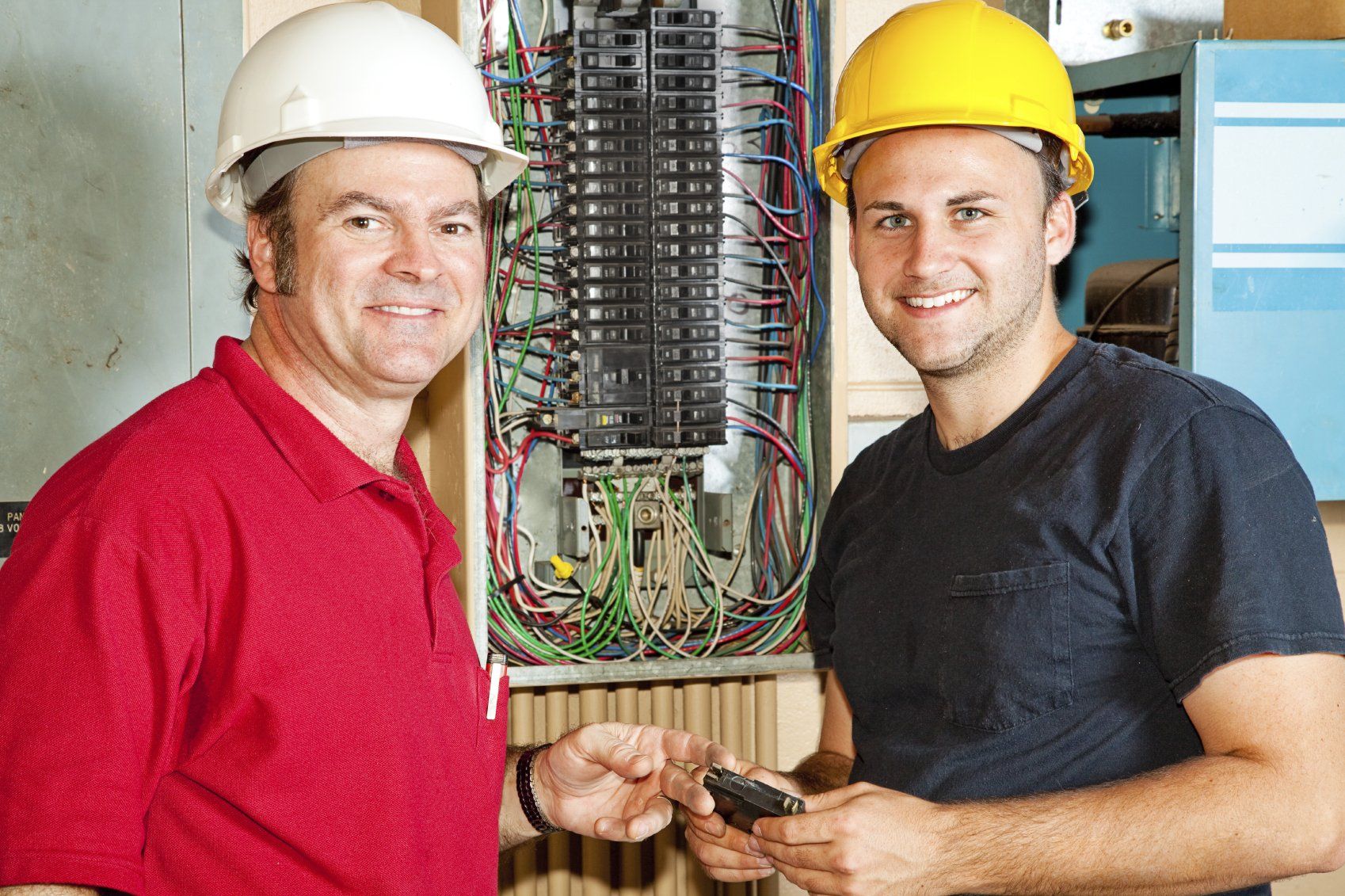
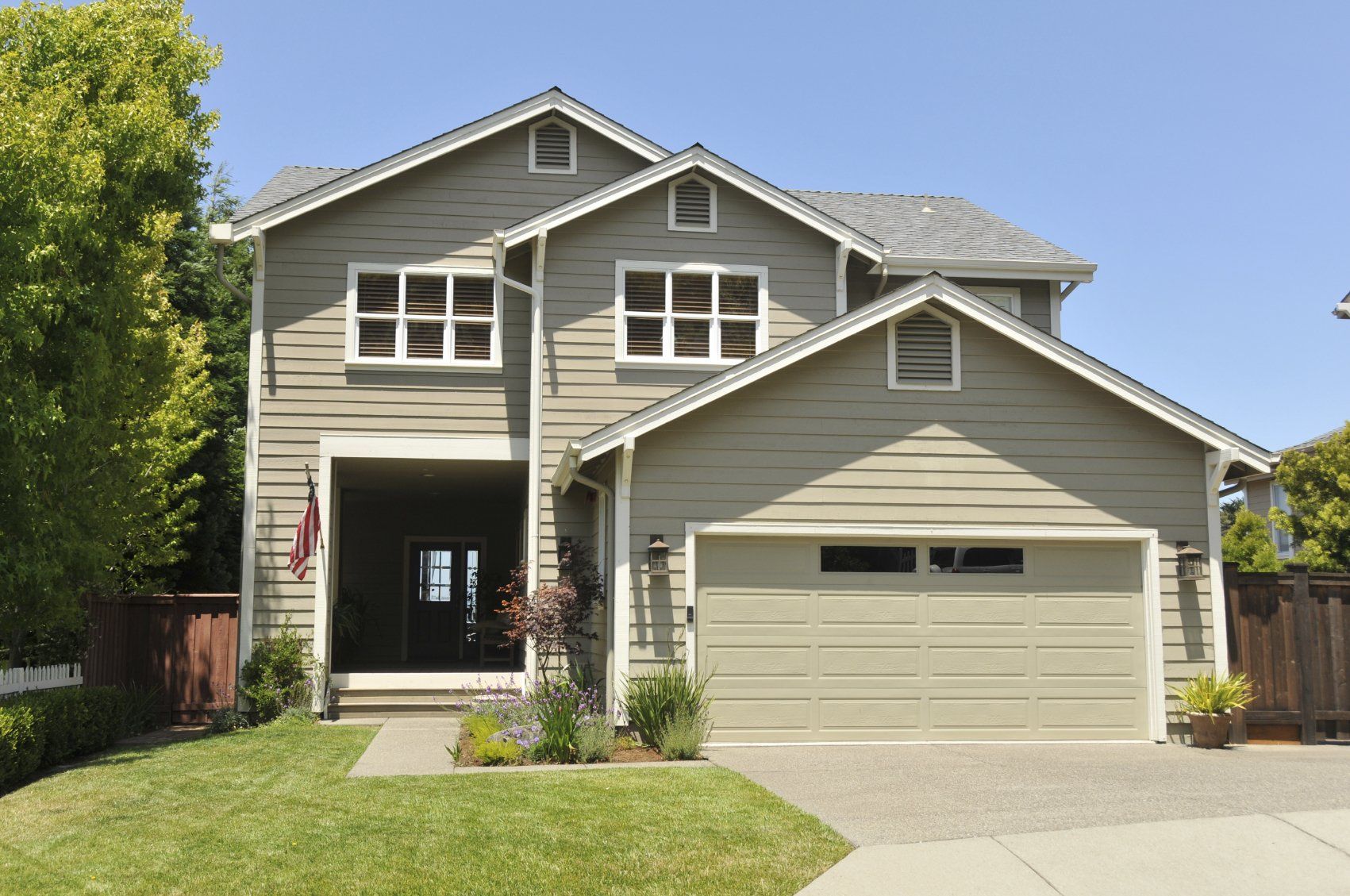
4014 - Procedure for Inspecting 1 & 2 Family Dwelling Electrical Systems - 8 Hours
Total Cost of Course: $175
Topics Covered:
- Identification and definitions of components
- Determining service size
- Step by step service component inspection
- Step by step inspection of main panel and grounding system
- Antinomy of a dwelling electrical system
- Step-by-step outdoor, out buildings and garage inspection
- Step-by- step kitchens, dining rooms, etc. inspections
- Step-by-step bathrooms inspections
- Step-by-step bedrooms inspections
- Step-by-step hallways, stairs, and common areas inspections
Learning Objectives:
This 8-Hour seminar will go into detail on how to inspect a 1 & 2 Family Dwelling Electrical Systems from the outside to the inside. The instructor will give a step-by-step approach that will give the home inspector a direction on how to write a detailed report.
4015 - Electrical Seminar for Home Inspectors – 4 Hours
Course Number: L-0080-04
Total Cost of Course: $100
Topics Covered:
- Common Violations
- Main Panel and Sub Panels
- Grounding & Bonding
- GFCI & AFCI
Learning Objectives:
This 4-Hour seminar will explain types and procedures on the most common violations in the electrical system. The home inspector will understand the difference between a main panel and a sub-panel. Also, they will understand all associated equipment and material to the equipment. They will understand the difference between grounding & bonding and finally the home inspector will be able to verify where GFCI & AFCI are in a home.





